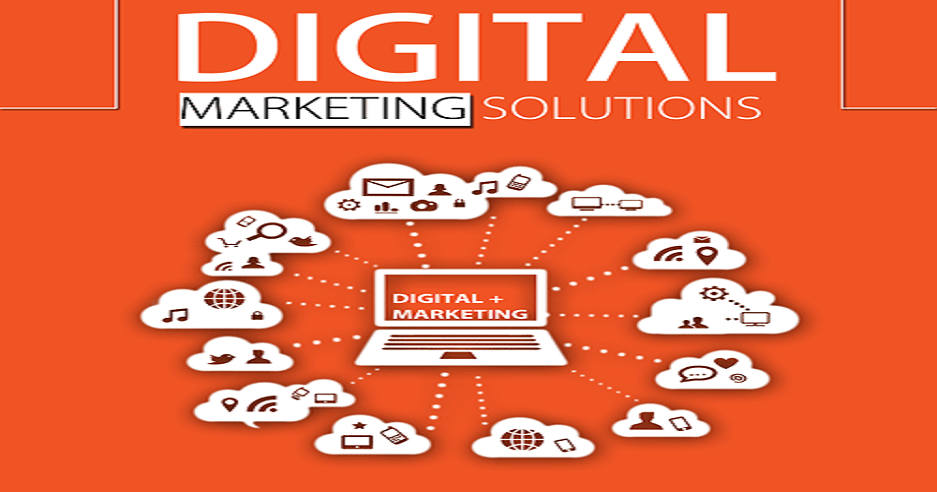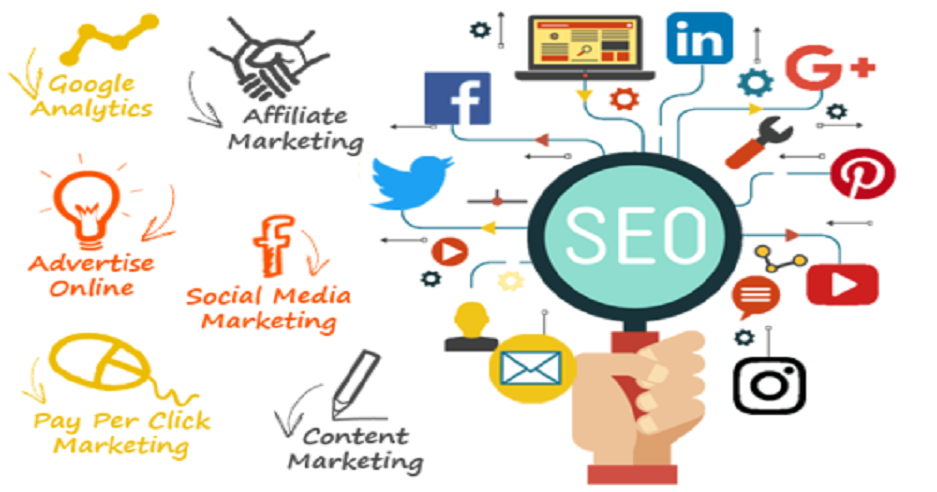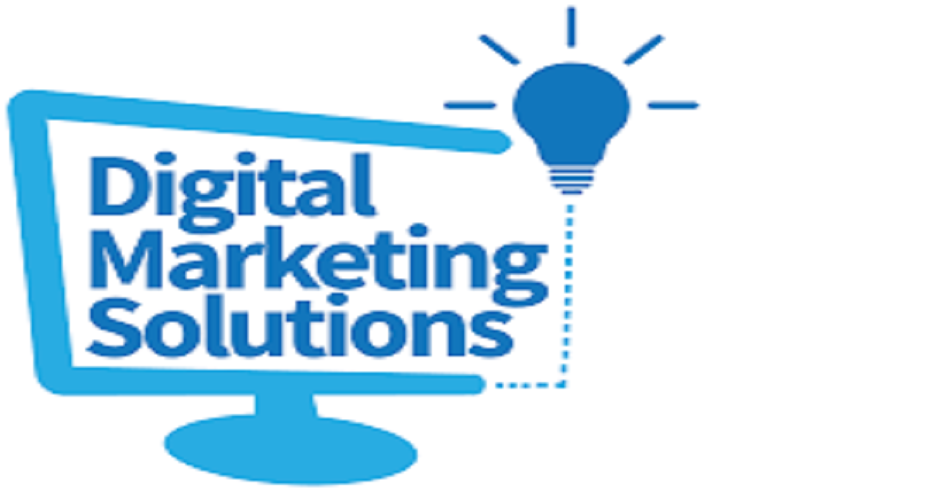


Digital Marketing Solution refers to the strategic use of various digital channels and tools to promote products, services, or brands and achieve specific marketing objectives. It encompasses a wide range of online marketing tactics and techniques to reach and engage target audiences, drive website traffic, generate leads, and increase conversions.
Key Components of Digital Marketing Solutions:
Search Engine Optimization (SEO): SEO involves optimizing a website's content, structure, and technical aspects to improve its visibility in search engine results. The goal is to rank higher in organic (unpaid) search results and attract relevant traffic.
Pay-Per-Click Advertising (PPC): PPC advertising allows businesses to place targeted ads on search engines and social media platforms. Advertisers only pay when users click on their ads, making it a cost-effective way to drive traffic and conversions.
Content Marketing: Content marketing focuses on creating valuable and relevant content to attract and engage the target audience. This includes blog posts, articles, infographics, videos, and more.
Social Media Marketing: Social media platforms are used to promote products and services, interact with customers, and build brand awareness. Social media marketing involves both organic posting and paid advertising.
Email Marketing: Email marketing involves sending targeted and personalized emails to a list of subscribers to nurture leads, promote products, and maintain customer relationships.
Influencer Marketing: Partnering with influencers or industry experts to promote products or services to their followers and expand brand reach.
Online Reputation Management (ORM): ORM focuses on monitoring and managing a brand's online reputation, addressing customer feedback, and mitigating negative reviews.
Conversion Rate Optimization (CRO): CRO aims to improve the effectiveness of a website or landing page to increase the percentage of visitors who take desired actions, such as making a purchase or filling out a form.
Analytics and Data Analysis: Data-driven decision-making is essential in digital marketing. Analyzing user behavior and campaign performance helps optimize strategies for better results.
Marketing Automation: Automation tools streamline repetitive marketing tasks, such as sending follow-up emails, lead nurturing, and social media scheduling.
Digital marketing solutions require a well-planned strategy, continuous monitoring, and adaptability to changes in the digital landscape. Businesses often work with digital marketing agencies or specialists to develop and execute effective campaigns tailored to their unique goals and target audiences. A successful digital marketing approach can lead to increased brand visibility, customer engagement, and revenue growth in the online marketplace.
© Copyright 2024 All Rights Reserved